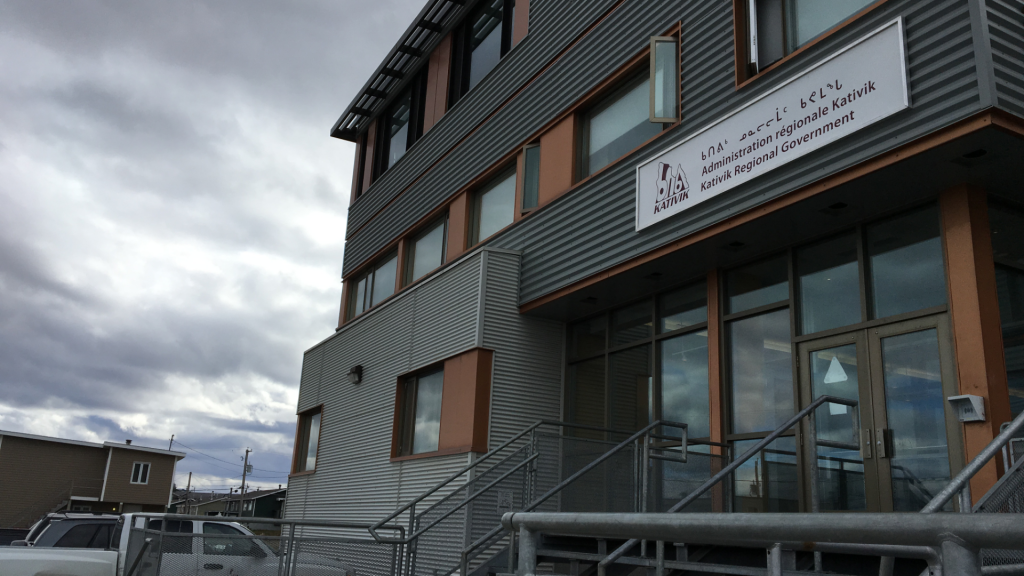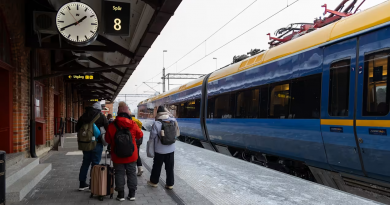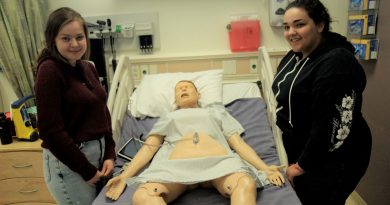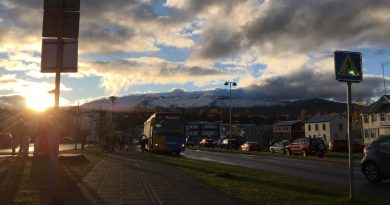Region-wide curfew in Arctic Quebec after first confirmed case of COVID-19

A region-wide curfew was put in place across the Inuit region of Arctic Quebec Sunday night after the first case of COVID-19 was confirmed on Saturday.
All residents in the 14 villages of Nunavik, the Inuit region in the province of Quebec, must stay in between the hours of 9pm and 6am every day, the Kativik Regional Government (KRG), which administers Nunavik, said in a news release on Sunday.
The curfew will be in effect indefinitely.
“The curfews are a preventive measure aimed at protecting all Nunavimmiut [ED: residents of Nunavik] from the potential spread of the virus,” the KRG statement said.
Nunavik had its first confirmed case of COVID-19 on Saturday in the Hudson Strait village of Salluit, a community of approximately 1,483 people.
Nunavik has a population of approximately 13,000 people. Its communities have no road access and are only accessible by plane. The majority of the communities have no resident doctors and are served by small nursing stations.
Nunavik has put strict measures in place in response to the COVID-19 pandemic in fear that its spread in the region would overwhelm its limited health care infrastructure.
Airport, snowmobile travel restrictions
All access to Nunavik’s airports is now restricted and only essential service and cargo flights are being permitted to land in the communities. In Salluit, the airport has been closed to all traffic until further notice except in “exceptional circumstances,” KRG says.
Nunavik authorities have also prohibited intercommunity travel by snowmobile.
“The fewer the contacts between the residents of the different communities the more chances residents will give themselves to limit the virus from spreading,” said Jean-Pierre Larose, Chief of the Kativik Regional Police Force in Nunavik and the Director of Public Security.
Social media reminder
KRG is also asking all Nunavik residents to use social media responsibly during the COVID-19 crisis and refrain from doing anything online “that may threaten the well-being of others,” the news release said.
“Sometimes we’ve seen, for example, during episodes of tuberculosis there might be finger-pointing or blame,” a KRG spokesperson told Eye on the Arctic on Monday. “We don’t want to see that now and just want to remind people the importance of using social media responsibly and not circulating false information.”
Write to Eilís Quinn at eilis.quinn(at)cbc.ca
Related stories from around the North:
Arctic: Roundup of COVID-19 responses around the Arctic, Eye on the Arctic
Canada: Inuit gov. in Atlantic Canada calls for people to stop travel to and from their region, Eye on the Arctic
Finland: Finns continue with ski holiday plans despite travel advisory, Yle News
Greenland: COVID-19: Arctic science expedition postpones flight campaign after trainee tests positive for virus, Eye on the Arctic
Norway: Norway to focus on civil society, press freedom as chair of Barents Euro-Arctic Council, The Independent Barents Observer
Russia: Arctic oil plans in Norway and Russia disrupted amid COVID-19 crisis, The Independent Barents Observer
Sweden: Why are Sweden’s politicians taking a different tack for coronavirus?, Radio Sweden



